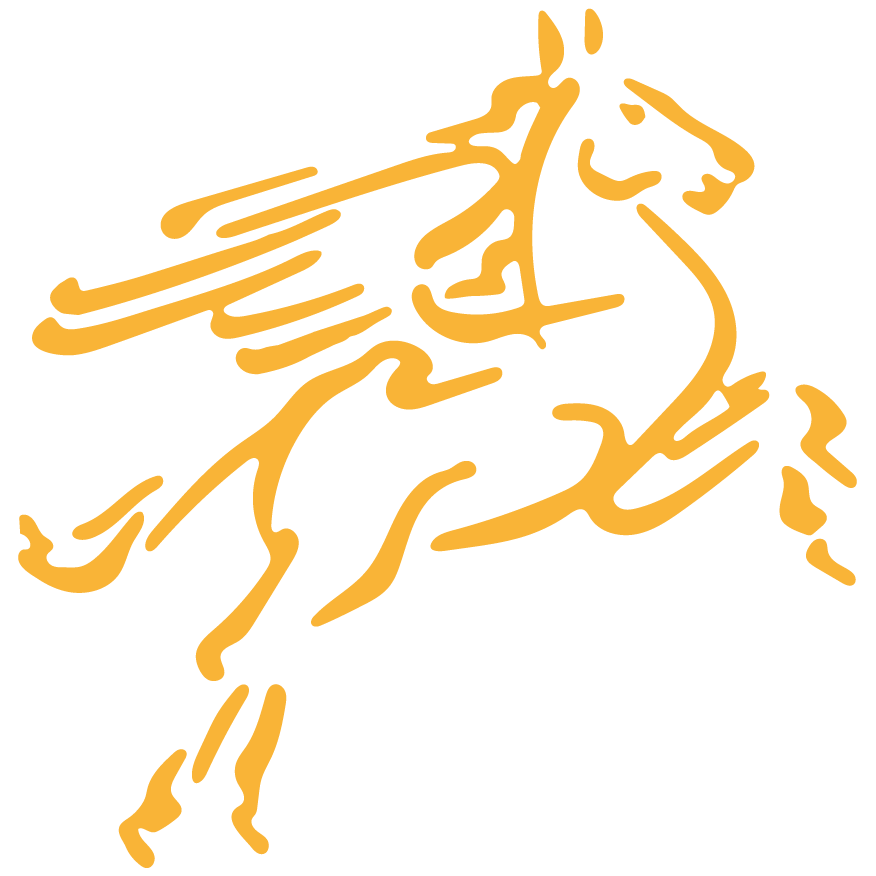Dear GW Families,
As we embark on this digital learning journey, I know many parents may feel unsure about how to maximize free time with their young children. Therefore, I felt motivated to share some activities that can easily be done at home. Many of these activities are research based and proven to be wonderful learning experiences for young learners.
1. READ TO AND/OR WITH YOUR CHILD 20 MINUTES A DAY! This is the number one practice for supporting emergent literacy.
2. FREE PLAY- Children under the age of 8 should be playing at least one hour a day. Play promotes brain development and is directly associated with strengthening cognitive skills, language, creativity etc.
3. SCAVENGER HUNTS- A great way to reinforce or review academics is through scavenger hunts. Students can search for hidden answers to math problems, questions from any content area etc. Younger students can search for letters, numbers, shapes etc. Scavenger hunts are not only educational and fun but they also get students moving!
4. WRITING PROMPTS- Students like to write if its purposeful and about a topic they love. Ask your child to write about something they are very interested or passionate about. Another great option is to have children write letters or cards to family members and friends.
5. STEAM- Give students paper toilet rolls, plastic bottles, tape, egg cartons or other recycled materials for building. They can build a bridge for the 3 Billy Goats Gruff, a House for Goldilocks or a robot to save the world! Its all about the process not the product! Let them plan for their design, create and test it!
6. CHORES- Yes, chores! sorting laundry, setting the table, cleaning out the closet are all tasks that strengthen development. For example, sorting is a foundational math skill while setting the table can include addition and subtraction and one to one correspondence.
7. SING AND DANCE- Singing helps promote phonological awareness and dancing strengthens gross motor development. In addition engaging students in dance movement where they cross the midline of their bodies is associated with enhancing writing and dexterity.
8. DRAWING AND PAINTING- Drawing and Painting are great for enhancing fine motor, developing creative expression and much more. Have older students label and write about their pictures. Younger students can provide dictation about their creations while the adult writes what they say. This practice is also great for developing print awareness.
9.BOARD GAMES- Many board games reinforce academics ( counting, spelling, one to one correspondence etc.) and social skills ( turn taking, cooperation etc.). They're also a great way to bond with the family.
10. COOKING- Cooking meals can promote many skills including oral language, counting, measuring, etc. Like board games, cooking is a great way to create long lasting memories.
11. TALK, TALK, TALK,- Having conversations with children builds vocabulary, pragmatics, cognition and relationships!
Happy Learning Everyone!
Stay safe and healthy!
Ms. Veras

